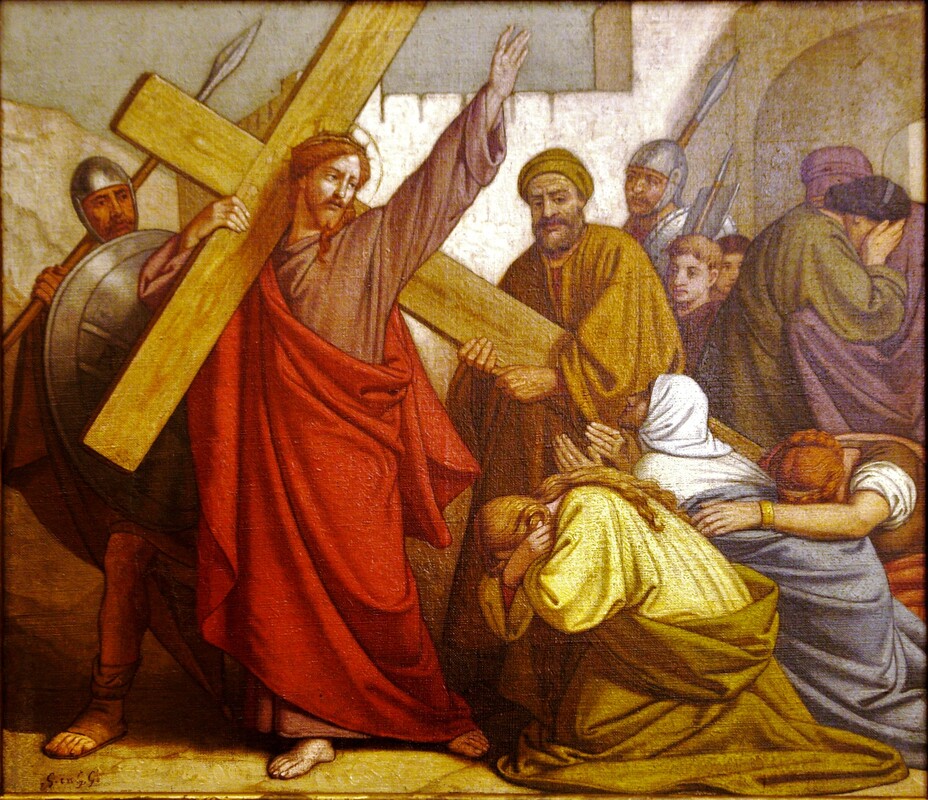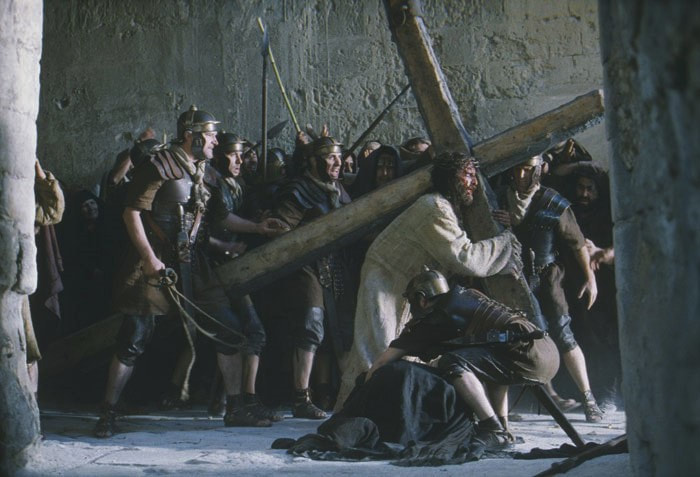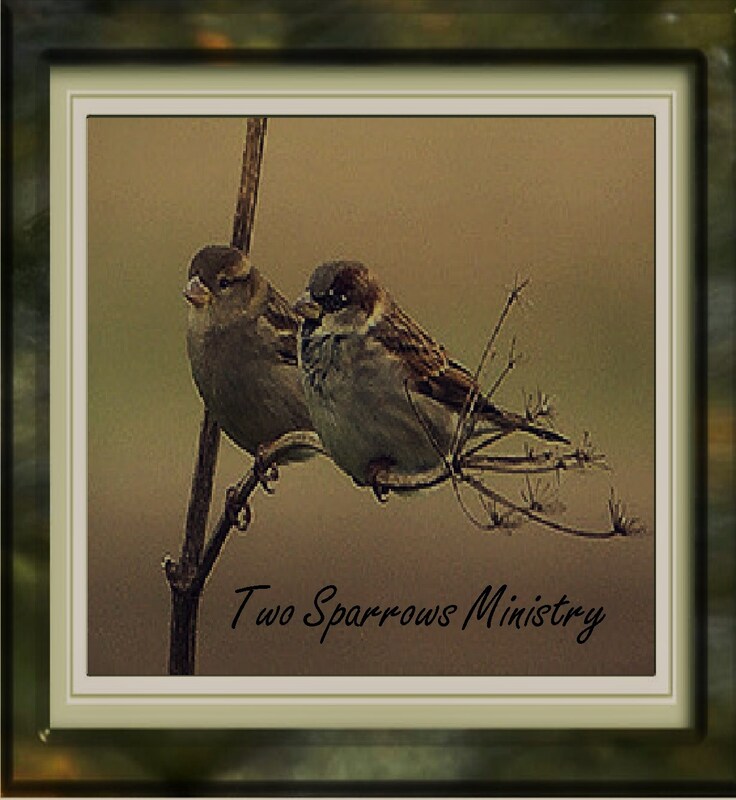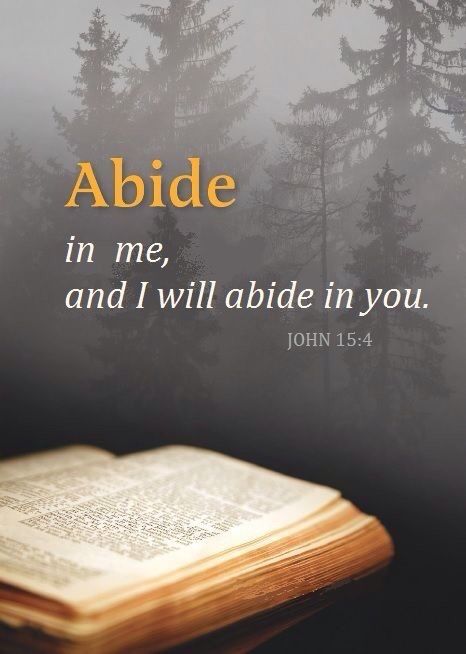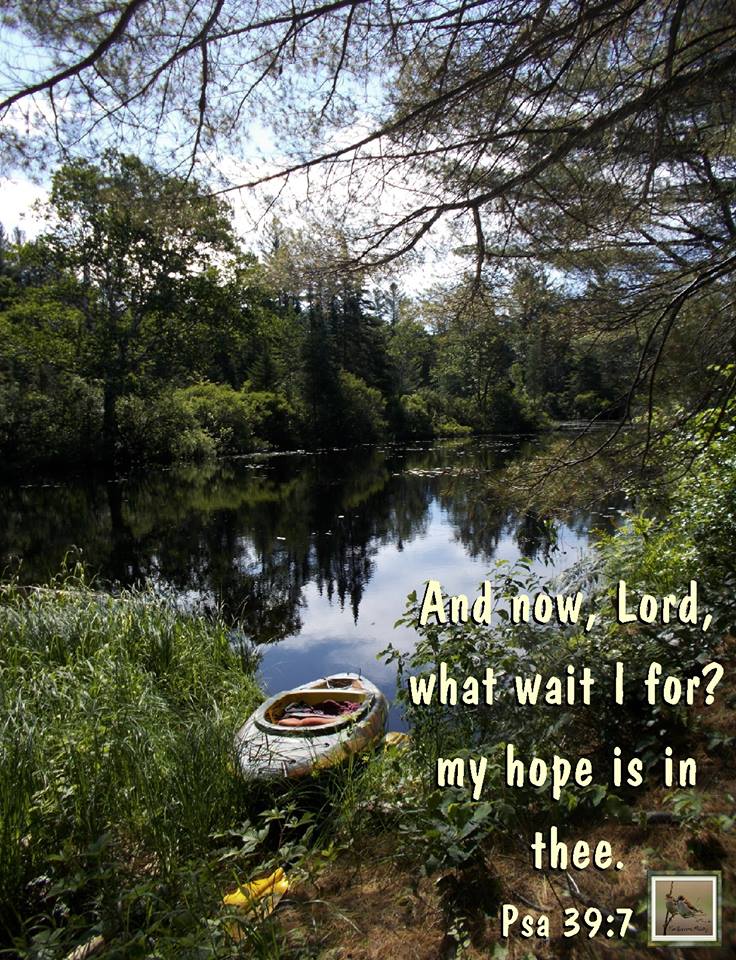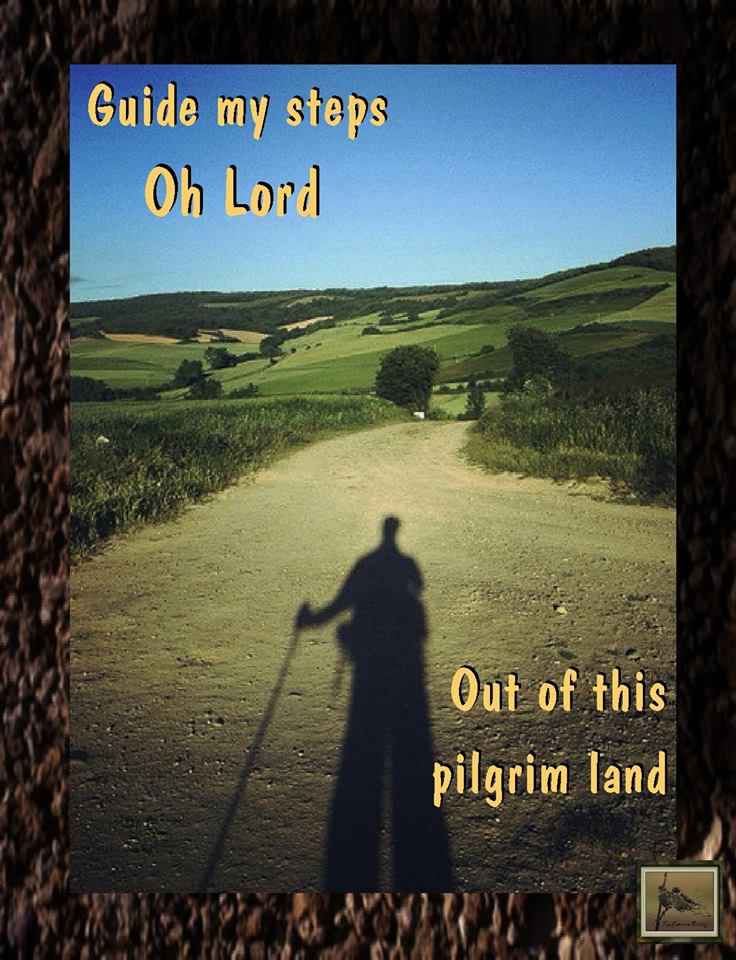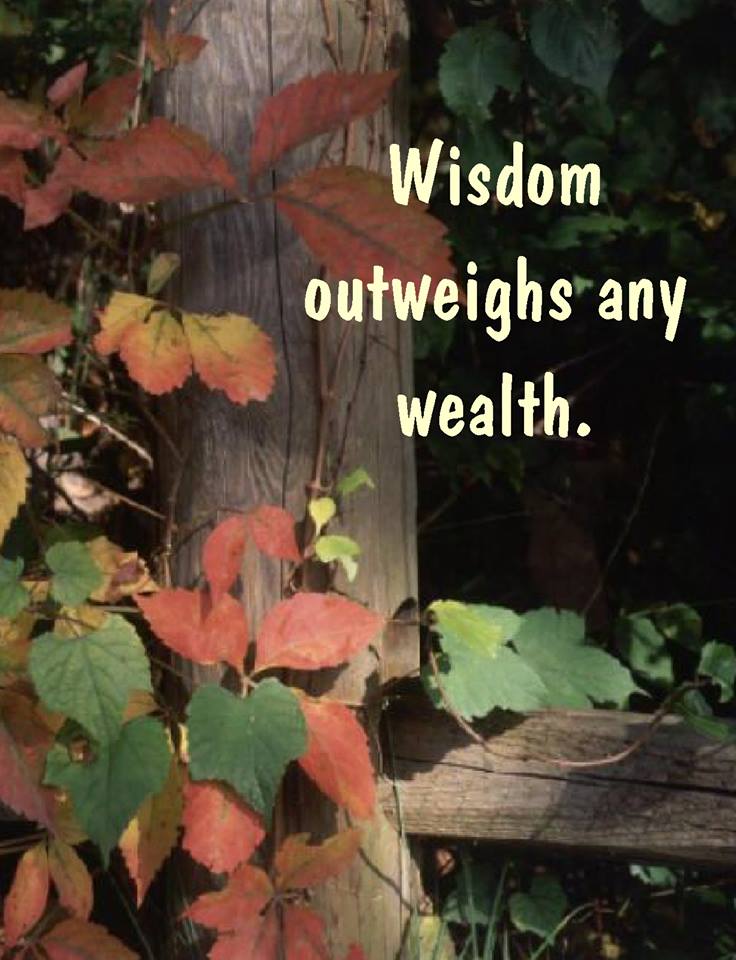Weep Not For Me
The Passion of Christ
The Passion of Christ
In these passages of scripture Jesus is burdened with his cross, and losing strength; has to have Simon, a Cyrenian take it and bear it for him. The women of Jerusalem stood by, weeping for him, but he turned to them and said:
Luk 23:26 And as they led him away, they laid hold upon one Simon, a Cyrenian, coming out of the country, and on him they laid the cross, that he might bear it after Jesus.
Luk 23:27 And there followed him a great company of people, and of women, which also bewailed and lamented him.
Luk 23:28 But Jesus turning unto them said, Daughters of Jerusalem, weep not for me, but weep for yourselves, and for your children.
Luk 23:29 For, behold, the days are coming, in the which they shall say, Blessed are the barren, and the wombs that never bare, and the paps which never gave suck.
Luk 23:30 Then shall they begin to say to the mountains, Fall on us; and to the hills, Cover us.
Luk 23:31 For if they do these things in a green tree, what shall be done in the dry?
Insights from several commentaries:
From David Guzik:
Daughters of Jerusalem.
And a great multitude of the people followed Him, and women who also mourned and lamented Him. But Jesus, turning to them, said, “Daughters of Jerusalem, do not weep for Me, but weep for yourselves and for your children. For indeed the days are coming in which they will say, ‘Blessed are the barren, wombs that never bore, and breasts which never nursed!’ Then they will begin ‘to say to the mountains, “Fall on us!” and to the hills, “Cover us!”‘ For if they do these things in the green wood, what will be done in the dry?”
a. It was customary for a great multitude to follow a condemned criminal on his way to crucifixion.
i. As they made their way, a Roman guard led with a sign that carried the man’s name and crime, and called out the name and the crime along the way to the place of crucifixion. They usually didn’t take the shortest way to the place of crucifixion, so as many people as possible could see how the Roman Empire treated its enemies.
b. Daughters of Jerusalem, do not weep for Me, but weep for yourselves and for your children: With good reason, certain women mourned and lamented when they saw Jesus being treated in this fashion. But Jesus essentially told them, “don’t weep for Me, weep for those who reject Me.”
c. For if they do these things in the green wood, what will be done in the dry? The idea is “If this is the fate of the innocent (Jesus referring to Himself), what will happen to the guilty?”
From B.W. Johnson:
Daughters of Jerusalem. These weeping women belonged to the city.
Weep for yourselves. In this hour of trial his heart is broken for the woes coming upon them in the speedy destruction of Jerusalem.
(He was referring to the cities destruction-which would come less than forty years afterwards, in 70 A.D.)
If they do these things in the green tree, what shall be done in the dry? A proverb, meaning here, "If the rulers and the Romans crucify the Messiah of the nation, the Hope of Israel, what shall they do to the nation itself?" What they would do was seen in less than forty years.
From the Sermon Bible:
"If these things are done in the green tree, what must happen to the dry? If He who knew no sin thus suffers, how much more the wicked and the sinner? The sufferings of Jesus Christ say to us, See what sin is, by seeing the Sinless suffer for it. If the green tree burned as it burned on Calvary, in misery, in anguish, in a hiding of God’s countenance, and a very dying under that cloud—if these things were done in the green tree—how must it be in the dry? How shall he escape the conflagration who is as fuel ripe for it? How shall he escape the everlasting burnings who has here despised the riches of God’s goodness, and forbearance, and longsuffering, and treasured up for himself wrath in a day of wrath?"
From John Gill:
but weep for yourselves, and for your children; not themselves personally, but their nation and posterity; and either for sin, their own, and others; the sins of professors, and of the profane; particularly the sin of crucifying him, which would be more injurious to that people than to him, and do them more hurt than him, since they had imprecated his blood upon them, and their children; or rather, and chiefly on account of those distresses and calamities, that would come upon them, in a short time, for their rejection and crucifixion of him; on account of which he himself had wept over Jerusalem, and its inhabitants, Luk_19:41.
From Albert Barnes:
To the mountains, Fall on us ... - This is an image of great calamities and judgments. So great will be the calamities that they will seek for shelter from the storm, and will call on the hills to protect them. The same figure is used respecting the wicked in the day of judgment in Rev_6:16-17. Compare also Isa_2:21.
Rev 6:15 And the kings of the earth, and the great men, and the rich men, and the chief captains, and the mighty men, and every bondman, and every free man, hid themselves in the dens and in the rocks of the mountains;
Rev 6:16 And said to the mountains and rocks, Fall on us, and hide us from the face of him that sitteth on the throne, and from the wrath of the Lamb:
Rev 6:17 For the great day of his wrath is come; and who shall be able to stand?
In his weakest, most trying hour-Jesus is ministering, teaching, and prophesying of future events-even to the end of the age.
From F.B. Meyer:
Ever more thoughtful for others than for Himself, the Lord seemed to forget His griefs that He might address warnings and entreaties to these poor women, Luk_23:28. He was the young green tree in the forest glade, consumed in the awful heat of divine burnings, while they and theirs were the dry wood, which would soon crackle in the overthrow of their city.
On the cross our Lord became immediately the high priest, pleading for the great world and for His own; and He has never ceased since. See Heb_7:25. Sins of ignorance are placed in a different category from those of presumption; See 1Ti_1:13, 1Jn_5:16. The answer to His prayer,
Luk 23:34 Then said Jesus, Father, forgive them; for they know not what they do. And they parted his raiment, and cast lots.
was given on the day of Pentecost.
The devotion from Charles H. Spurgeon below gives a well defined picture of deeper insights into these passages, and it sums up this study well.
Luk 23:26 And as they led him away, they laid hold upon one Simon, a Cyrenian, coming out of the country, and on him they laid the cross, that he might bear it after Jesus.
Luk 23:27 And there followed him a great company of people, and of women, which also bewailed and lamented him.
Luk 23:28 But Jesus turning unto them said, Daughters of Jerusalem, weep not for me, but weep for yourselves, and for your children.
Luk 23:29 For, behold, the days are coming, in the which they shall say, Blessed are the barren, and the wombs that never bare, and the paps which never gave suck.
Luk 23:30 Then shall they begin to say to the mountains, Fall on us; and to the hills, Cover us.
Luk 23:31 For if they do these things in a green tree, what shall be done in the dry?
Insights from several commentaries:
From David Guzik:
Daughters of Jerusalem.
And a great multitude of the people followed Him, and women who also mourned and lamented Him. But Jesus, turning to them, said, “Daughters of Jerusalem, do not weep for Me, but weep for yourselves and for your children. For indeed the days are coming in which they will say, ‘Blessed are the barren, wombs that never bore, and breasts which never nursed!’ Then they will begin ‘to say to the mountains, “Fall on us!” and to the hills, “Cover us!”‘ For if they do these things in the green wood, what will be done in the dry?”
a. It was customary for a great multitude to follow a condemned criminal on his way to crucifixion.
i. As they made their way, a Roman guard led with a sign that carried the man’s name and crime, and called out the name and the crime along the way to the place of crucifixion. They usually didn’t take the shortest way to the place of crucifixion, so as many people as possible could see how the Roman Empire treated its enemies.
b. Daughters of Jerusalem, do not weep for Me, but weep for yourselves and for your children: With good reason, certain women mourned and lamented when they saw Jesus being treated in this fashion. But Jesus essentially told them, “don’t weep for Me, weep for those who reject Me.”
c. For if they do these things in the green wood, what will be done in the dry? The idea is “If this is the fate of the innocent (Jesus referring to Himself), what will happen to the guilty?”
From B.W. Johnson:
Daughters of Jerusalem. These weeping women belonged to the city.
Weep for yourselves. In this hour of trial his heart is broken for the woes coming upon them in the speedy destruction of Jerusalem.
(He was referring to the cities destruction-which would come less than forty years afterwards, in 70 A.D.)
If they do these things in the green tree, what shall be done in the dry? A proverb, meaning here, "If the rulers and the Romans crucify the Messiah of the nation, the Hope of Israel, what shall they do to the nation itself?" What they would do was seen in less than forty years.
From the Sermon Bible:
"If these things are done in the green tree, what must happen to the dry? If He who knew no sin thus suffers, how much more the wicked and the sinner? The sufferings of Jesus Christ say to us, See what sin is, by seeing the Sinless suffer for it. If the green tree burned as it burned on Calvary, in misery, in anguish, in a hiding of God’s countenance, and a very dying under that cloud—if these things were done in the green tree—how must it be in the dry? How shall he escape the conflagration who is as fuel ripe for it? How shall he escape the everlasting burnings who has here despised the riches of God’s goodness, and forbearance, and longsuffering, and treasured up for himself wrath in a day of wrath?"
From John Gill:
but weep for yourselves, and for your children; not themselves personally, but their nation and posterity; and either for sin, their own, and others; the sins of professors, and of the profane; particularly the sin of crucifying him, which would be more injurious to that people than to him, and do them more hurt than him, since they had imprecated his blood upon them, and their children; or rather, and chiefly on account of those distresses and calamities, that would come upon them, in a short time, for their rejection and crucifixion of him; on account of which he himself had wept over Jerusalem, and its inhabitants, Luk_19:41.
From Albert Barnes:
To the mountains, Fall on us ... - This is an image of great calamities and judgments. So great will be the calamities that they will seek for shelter from the storm, and will call on the hills to protect them. The same figure is used respecting the wicked in the day of judgment in Rev_6:16-17. Compare also Isa_2:21.
Rev 6:15 And the kings of the earth, and the great men, and the rich men, and the chief captains, and the mighty men, and every bondman, and every free man, hid themselves in the dens and in the rocks of the mountains;
Rev 6:16 And said to the mountains and rocks, Fall on us, and hide us from the face of him that sitteth on the throne, and from the wrath of the Lamb:
Rev 6:17 For the great day of his wrath is come; and who shall be able to stand?
In his weakest, most trying hour-Jesus is ministering, teaching, and prophesying of future events-even to the end of the age.
From F.B. Meyer:
Ever more thoughtful for others than for Himself, the Lord seemed to forget His griefs that He might address warnings and entreaties to these poor women, Luk_23:28. He was the young green tree in the forest glade, consumed in the awful heat of divine burnings, while they and theirs were the dry wood, which would soon crackle in the overthrow of their city.
On the cross our Lord became immediately the high priest, pleading for the great world and for His own; and He has never ceased since. See Heb_7:25. Sins of ignorance are placed in a different category from those of presumption; See 1Ti_1:13, 1Jn_5:16. The answer to His prayer,
Luk 23:34 Then said Jesus, Father, forgive them; for they know not what they do. And they parted his raiment, and cast lots.
was given on the day of Pentecost.
The devotion from Charles H. Spurgeon below gives a well defined picture of deeper insights into these passages, and it sums up this study well.
"If they do these things in a green tree,
what shall be done in the dry?"
what shall be done in the dry?"
| Among other interpretations of this suggestive question, the following is full of teaching: "If the innocent substitute for sinners, suffer thus, what will be done when the sinner himself -the dry tree-shall fall into the hands of an angry God?" When God saw Jesus in the sinner's place, he did not spare him; and when he finds the unregenerate without Christ, he will not spare them. |
O sinner, Jesus was led away by his enemies: so shall you be dragged away by fiends to the place appointed for you. Jesus was deserted of God; and if he, who was only imputably a sinner, was deserted, how much more shall you
be?
"Eloi, Eloi, lama sabachthani?" what an awful shriek! But what shall be your cry when you shall say, "O God! O God! why hast thou forsaken me?" and the answer shall come back, "Because ye have set at nought all my counsel, and would none of my reproof: I also will laugh at your calamity; I will mock when your fear cometh." If God spared not his own Son, how much less will he spare you! What whips of burning wire will be yours when conscience shall smite you with all its terrors. Ye richest, ye merriest, ye most self-righteous sinners-who would stand in your place when God shall say, "Awake, O sword, against the man that rejected me; smite him, and let him feel the smart for ever?" Jesus was spit upon: sinner, what shame will be yours! We cannot sum up in one word all the mass of sorrows which met upon the head of Jesus who died for us, therefore it is impossible for us to tell you what streams, what oceans of grief must roll over your spirit if you die as you now are. You may die so, you may die now. By the agonies of Christ, by his wounds and by his blood, do not bring upon yourselves the wrath to come! Trust in the Son of God, and you shall never die.
C.H. Spurgeon
be?
"Eloi, Eloi, lama sabachthani?" what an awful shriek! But what shall be your cry when you shall say, "O God! O God! why hast thou forsaken me?" and the answer shall come back, "Because ye have set at nought all my counsel, and would none of my reproof: I also will laugh at your calamity; I will mock when your fear cometh." If God spared not his own Son, how much less will he spare you! What whips of burning wire will be yours when conscience shall smite you with all its terrors. Ye richest, ye merriest, ye most self-righteous sinners-who would stand in your place when God shall say, "Awake, O sword, against the man that rejected me; smite him, and let him feel the smart for ever?" Jesus was spit upon: sinner, what shame will be yours! We cannot sum up in one word all the mass of sorrows which met upon the head of Jesus who died for us, therefore it is impossible for us to tell you what streams, what oceans of grief must roll over your spirit if you die as you now are. You may die so, you may die now. By the agonies of Christ, by his wounds and by his blood, do not bring upon yourselves the wrath to come! Trust in the Son of God, and you shall never die.
C.H. Spurgeon
